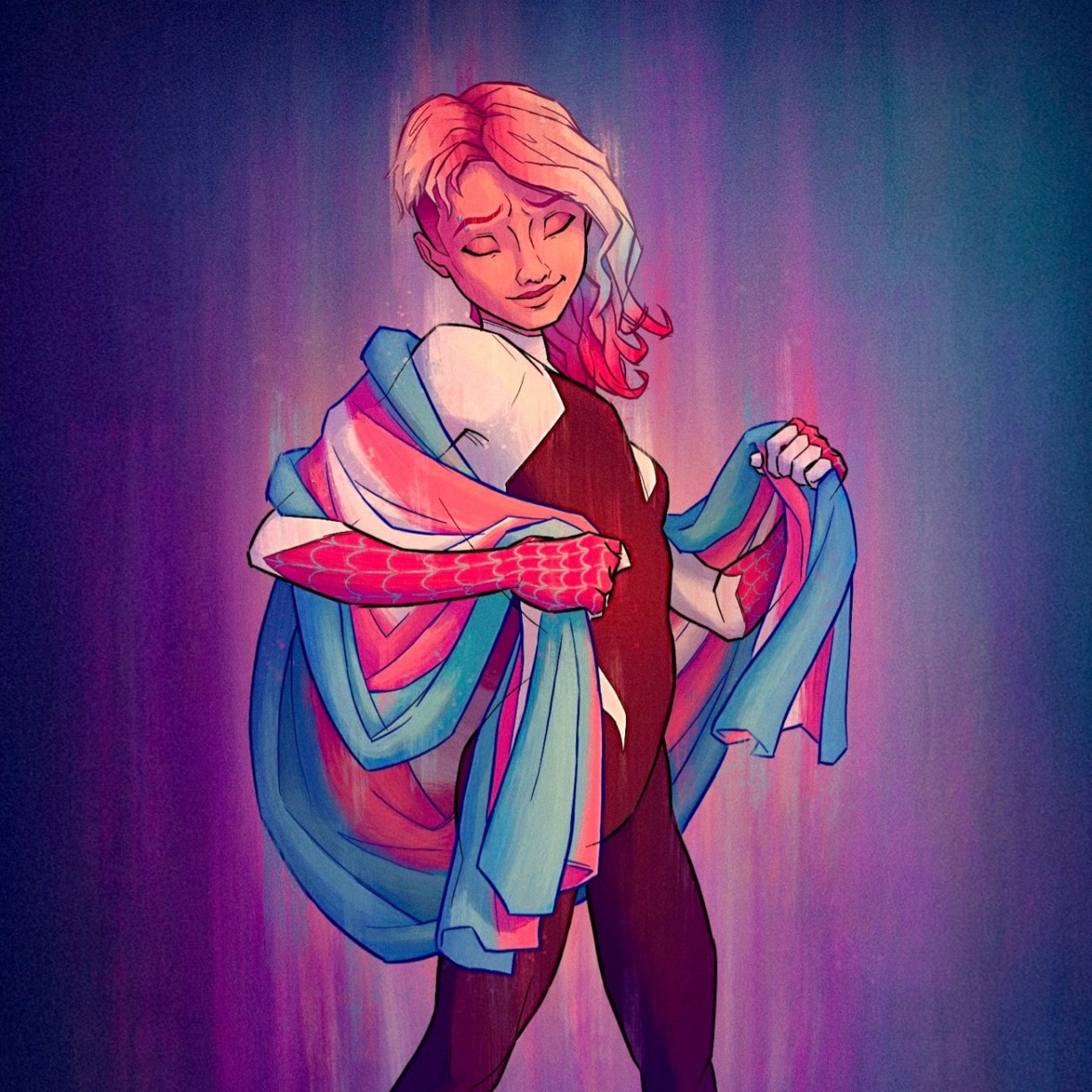An alternative mental health court program designed to fast-track people with untreated schizophrenia and other psychotic disorders into housing and medical care — potentially without their consent — kicked off in seven California counties, including San Francisco, on Monday.
Democratic Gov. Gavin Newsom created the new civil court process, called “CARE Court,” as part of a massive push to address the homelessness crisis in California. Lawmakers approved it despite deep misgivings over insufficient housing and services, saying they needed to try something new to help those suffering in public from apparent psychotic breaks.
Families of people diagnosed with severe mental illness rejoiced because the new law allows them to petition the court for treatment for their loved ones. Residents dismayed by the estimated 171,000 homeless people in California cheered at the possibility of getting them help and off the streets.
…into housing and medical care — potentially without their consent — kicked off…
If the alternative is prison - also presumably without their consent - then it seems weird to highlight that as a concern.
Not a prison alternative:
Family members and first responders are among those who can now file a petition on behalf of an adult they believe “is unlikely to survive safely” without supervision and whose condition is rapidly deteriorating. They also can file if an adult needs services and support to prevent relapse or deterioration that would likely result in “grave disability or serious harm” to themselves or others.
It doesnt really have anything to do with homeless people, either. It reads to me like it’s designed to get people into conservatorships and not much else.
What is Cali even doing at this point?
I enjoy walks and live in a California city. It is common to walk past a conspicuously homeless person who is having entire conversations with themselves as they walk past half aware of their surroundings.
I think the nobler intention is to try to get them help. How this works…? I guess we’ll see.
WOW does this article bend over backwards to obscure the likelihood that “treatment” is not going to be voluntary. First of all, this is not affected individuals applying for these services, as that would just be social services, a thing that already exists. Here’s how this system works:
Family members and first responders are among those who can now file a petition on behalf of an adult they believe “is unlikely to survive safely” without supervision and whose condition is rapidly deteriorating. They also can file if an adult needs services and support to prevent relapse or deterioration that would likely result in “grave disability or serious harm” to themselves or others.
As far as I can tell, this isn’t even remotely exclusive to homeless people, and it feels like burying the lead that Cali’s homeless population is mentioned at all. This is anyone with a psychotic disorder that can be forced into “treatment” by a badge or random family member who claims they’re “deteriorating.” If you think that sounds like it’s putting people with psychotic disorders at a even more heightened risk of being forced into conservatorships, you’d be right:
A person who does not successfully complete a plan could be subject to conservatorship and involuntary treatment, said Tal Klement, a deputy public defender in San Francisco who is among critics of the new process.
The article immediately moved to muddy this fact by following it up with two paragraphs that start with this sentence:
But the statute also allows the court to dismiss the proceedings if the individual declines to participate or to follow the agreement.
That’s all you need to read - “allows” is extremely different from “requires.” The court is in no way required to respect the wishes of the affected individual as the article irresponsibly attempts to imply, and as these courts are likely to be biased to view the affected individual as a crazy person and the people that reported them as Good Samaritans “just trying to help,” they are probably far more likely to opt for treatment, consensual or not, and this court becomes an excellent method of fast tracking vulnerable people into conservatorships.
Assuming “first responders” make any use of this, maybe this shields a few people from jail, but as cops aren’t really opposed to sending people to jail, it’s more likely they’ll just use this system when they suspect someone of having a psychotic disorder but can’t get them for an actual crime, if they bother to use it at all.





